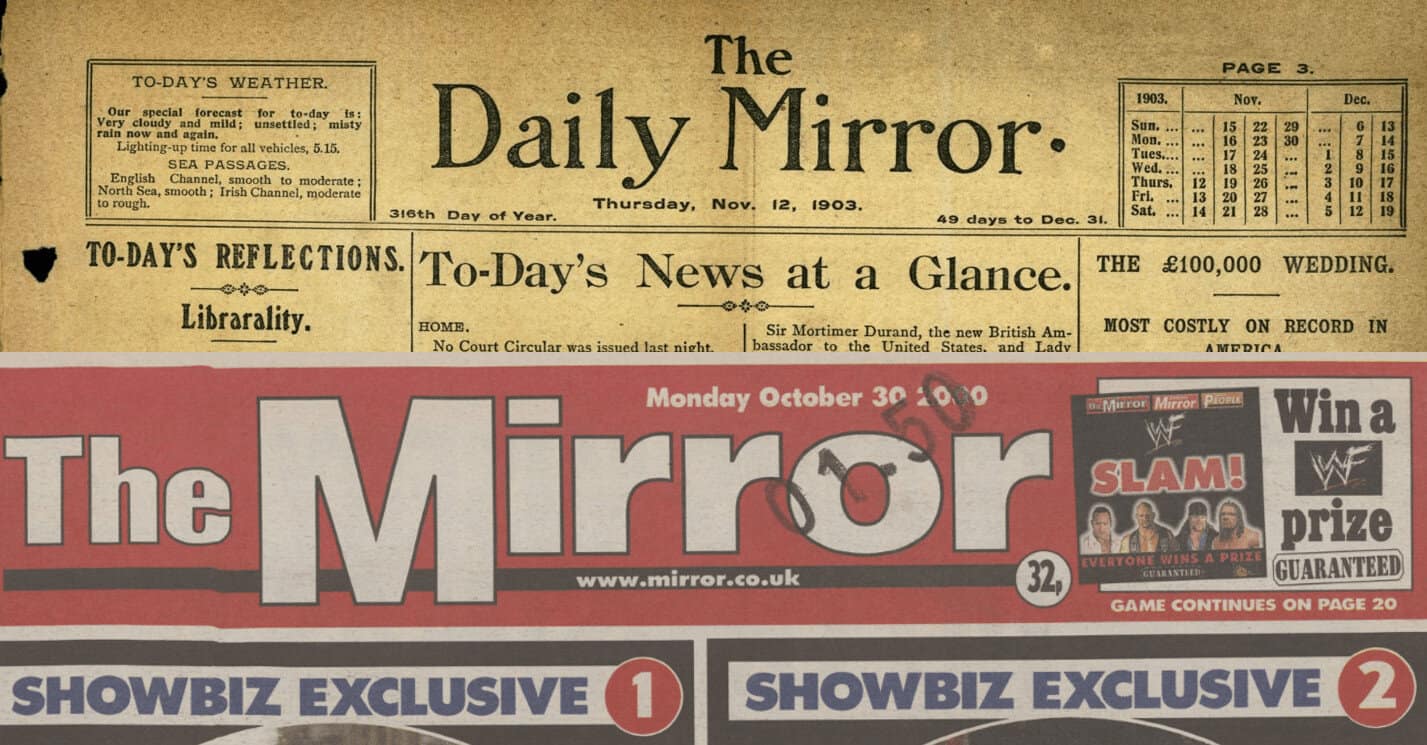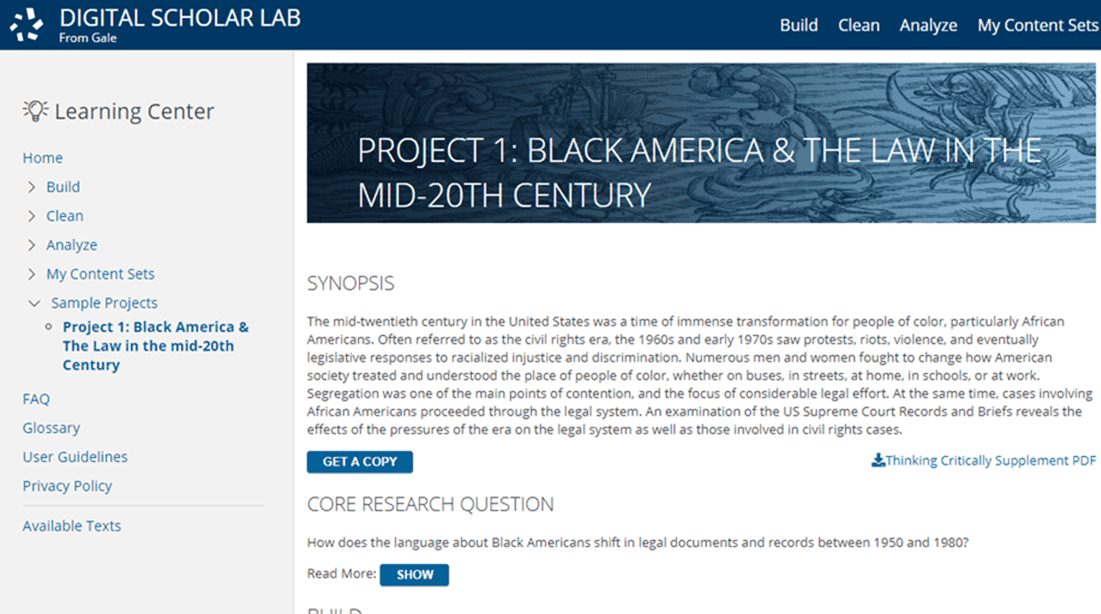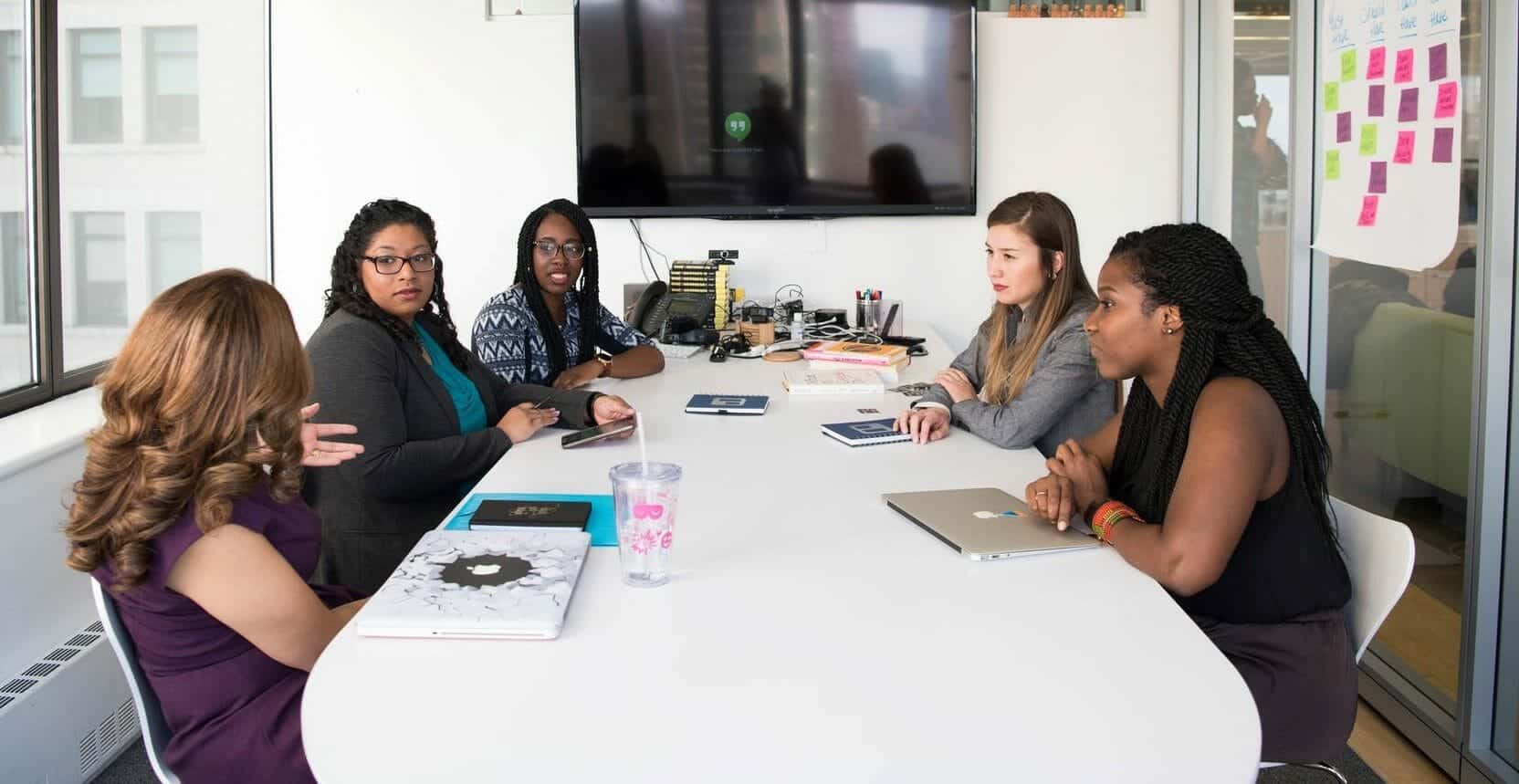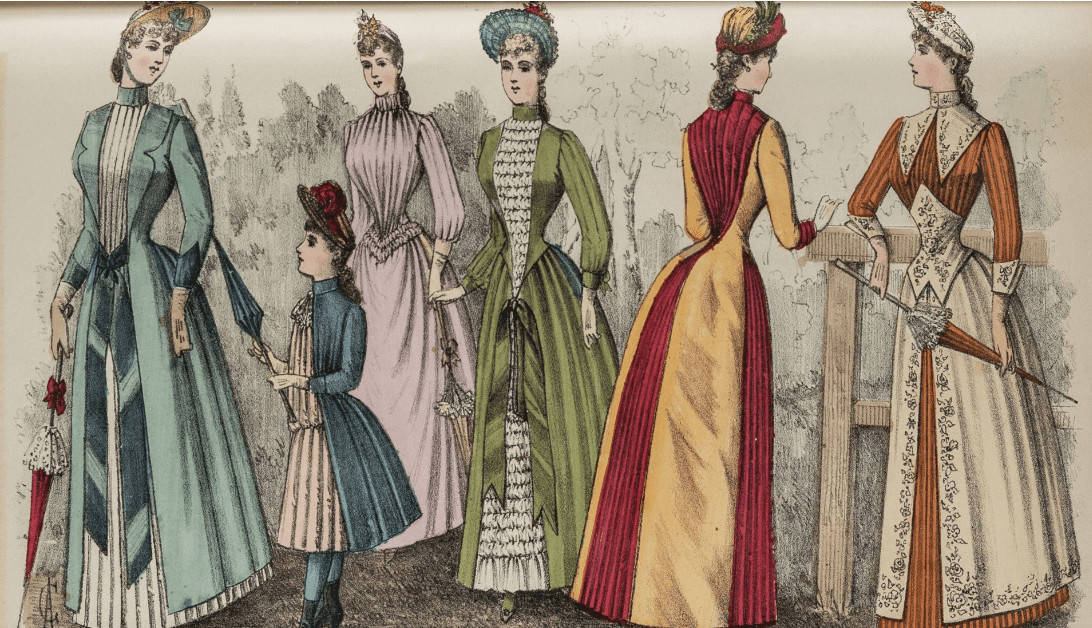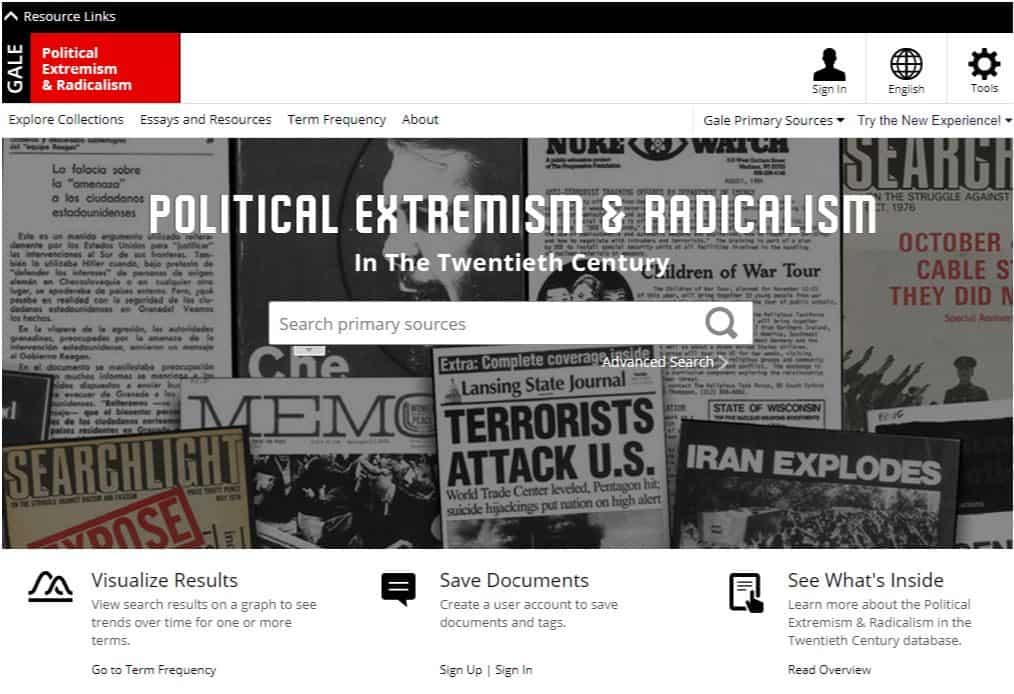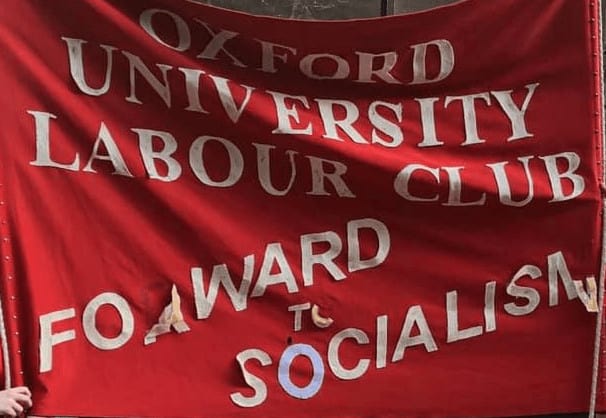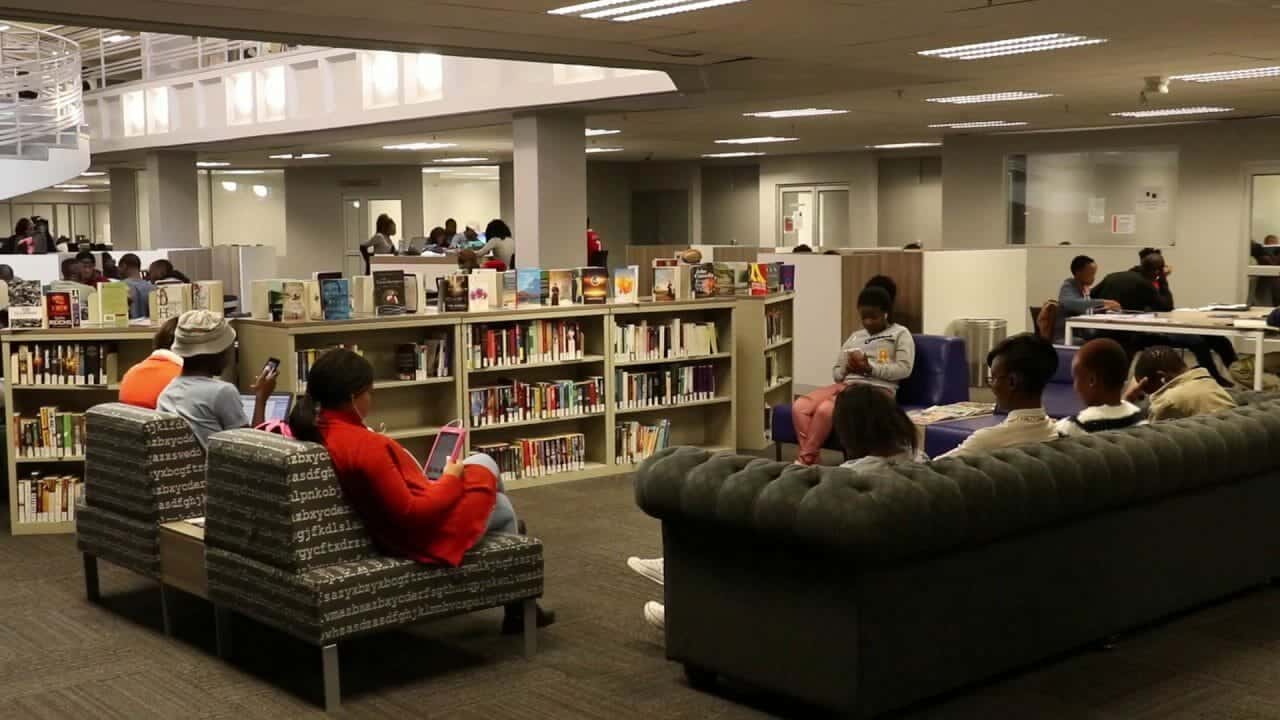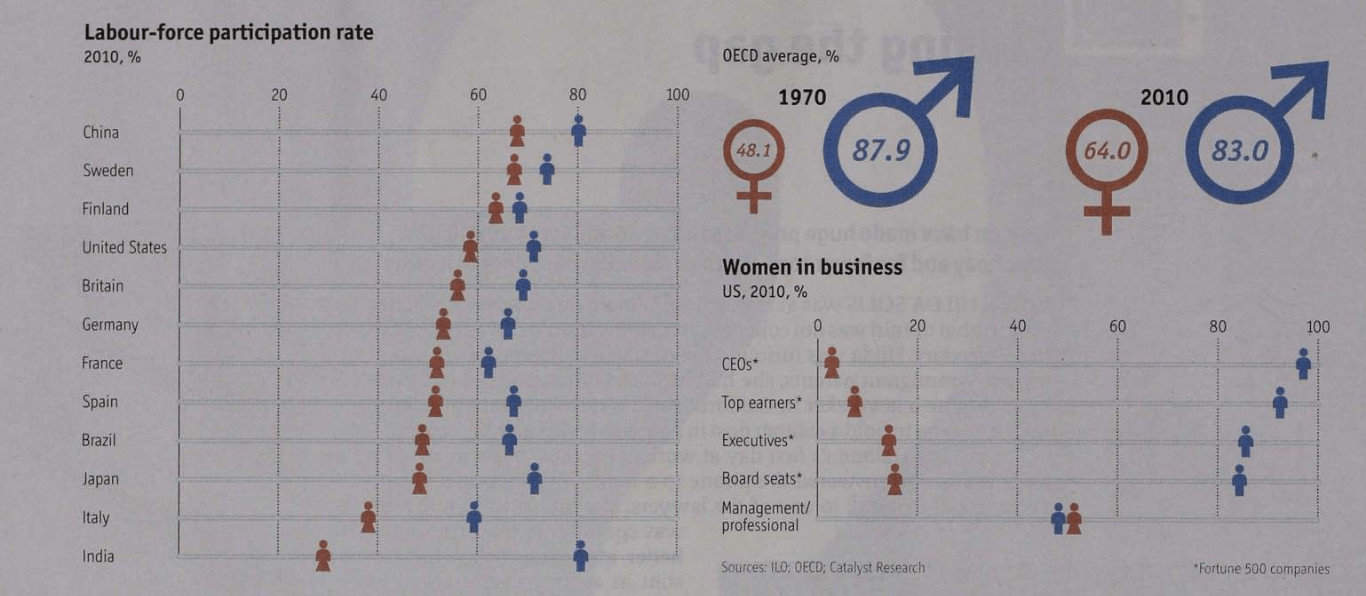│By Rebecca Bowden, Associate Acquisitions Editor, Gale Primary Sources│
From its inception in 1903, the Mirror has played a pivotal role in the history of British journalism, and today is the only mainstream, left-wing tabloid remaining in the UK. The newspaper has had a history of highs and lows, peaking in 1967 with a daily circulation of 5.25 million; understanding that history is an essential part of understanding British historical journalism. The Mirror not only played a prominent role in shaping newspapers as we know them today, but also acts as a distinctive counterpoint to the more conservative reporting in much of Britain’s mainstream press.


